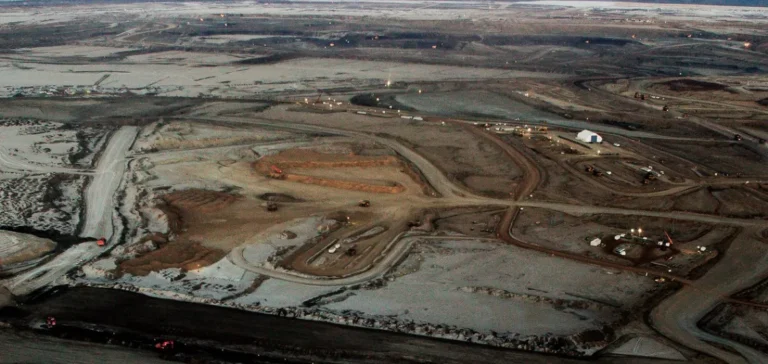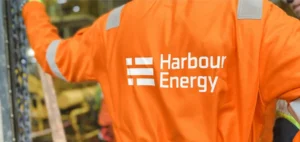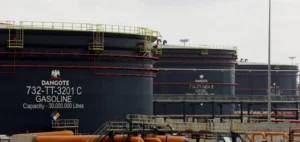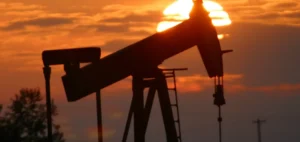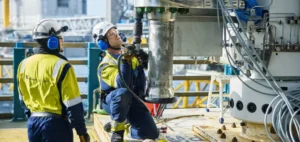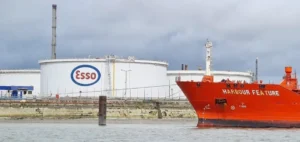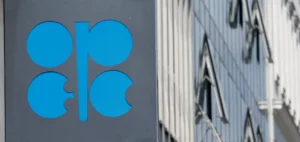The latest projection from the Oil Sands Dialogue programme of S&P Global Commodity Insights, published on June twenty-four, calls for a record average of three point five mn barrels per day in 2025, five % more than in 2024. The firm anticipates three point nine mn in 2030, an increase of 100000 barrels per day over its previous scenario. It is the fourth consecutive annual upward revision.
Optimisation and costs
Additional capacity will stem mainly from adjustments at existing sites rather than new projects with heavy up-front spending. S&P Global Commodity Insights pegs the 2025 mid-cycle cost between 18 $/b and 45 $/b West Texas Intermediate, for an average of 27 $/b. These thresholds remain below market prices even after this year’s decline. Optimisation has therefore become the primary growth driver.
“The expansion despite price volatility shows the economic robustness of Canadian non-conventional oil,” says Kevin Birn, principal analyst for Canada at S&P Global Commodity Insights. He notes that more than three point eight mn of capacity was added between 2001 and 2017. Each debottlenecking lifts throughput without fresh large-scale construction. These levers should, in his view, support expansion this decade.
Export capacity and future plateau
The expected increase rekindles debate about pipeline availability. Without extra export capacity, S&P Global Commodity Insights believes constraints could resurface as early as next year and widen the discounts applied to Canadian crude. Producers are preparing rail options to mitigate the risk. These solutions, however, remain costlier than pipeline transport.
Beyond 2030, output should stabilise around three point seven mn barrels per day, 100000 barrels above the previous estimate. “Optimisations stay profitable even when prices fall,” observes Celina Hwang, director of crude-oil markets at S&P Global Commodity Insights. Low operating costs reinforce the sector’s resilience. A prolonged plateau therefore appears plausible if logistical constraints are resolved.


